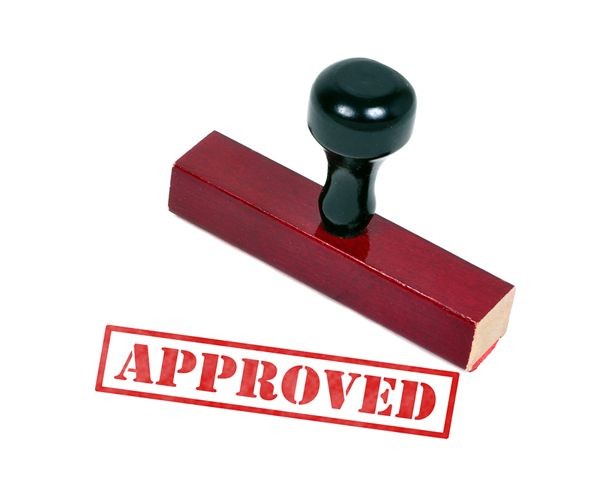How Risky is a Short Sale to Sellers Anyoption review
Post on: 30 Май, 2015 No Comment

Much like with any trading technique, a short sale can be a difficult maneuver for traders to perform, especially if they are just getting started in the field. Particularly inexperienced traders who are unfamiliar with the terminology surrounding certain techniques would be better off finding other ways to invest. Many may wonder, just how risky is a short sale? It is easily one of the riskier techniques that traders can engage in, and needs to be executed in an almost perfect manner in order to guarantee a profit.
Short sales have a variety of different risks that simply do not make it ideal for beginning investors. The strategys payoff ratio focuses on accumulating the maximum gain, which can occur if the stock that is being shorted plunged to zero. However, the potential for this to occur is extremely limited, as stocks can end up rising in price by a nearly infinite amount. This fact alone can be enough to deter numerous investors from short sales, but the simple fact of the matter is that they are extremely difficult and loaded with unnecessary risks.
Short sales typically involve significant expenses, which include a variety of trading commissions and general costs that require the trader to borrow security to short the trade itself. The trader will also need to make interest payable on their margin account that holds the security. Dividend payments will need to be made as well, as short sellers are responsible for these payments on shortened stocks to those that they borrowed the stock from.
There are numerous risks of buy ins and short squeezes as well, as stocks that feature unusually high interest may end up surging upwards in price. This typically ends up happening when there are positive developments in the stocks value, which will typically force sellers to buy their shares back in order to close their positions properly. Stocks that are heavily shorted may also be vulnerable to buy ins, which may occur when brokers close out of their positions in difficult to borrow situations. This can end up causing a variety of problems to interested traders, especially if they did not read market trends carefully enough when they made their decision.
Some regulators may also end up imposing certain bans on short sales in specific sectors in order to avoid panics. These actions can cause spikes in the prices of stocks, which can only provide traders with even more difficulty as they try to assess how risky is a short sale. Almost perfect timing will need to be made on the part of the trader. Unlike most buy and hold investors who will not need to worry about their investments working out, short sellers do not have time on their side. They will need to time their investments just right in order to make sure that the short sale performs as they intend it to.














